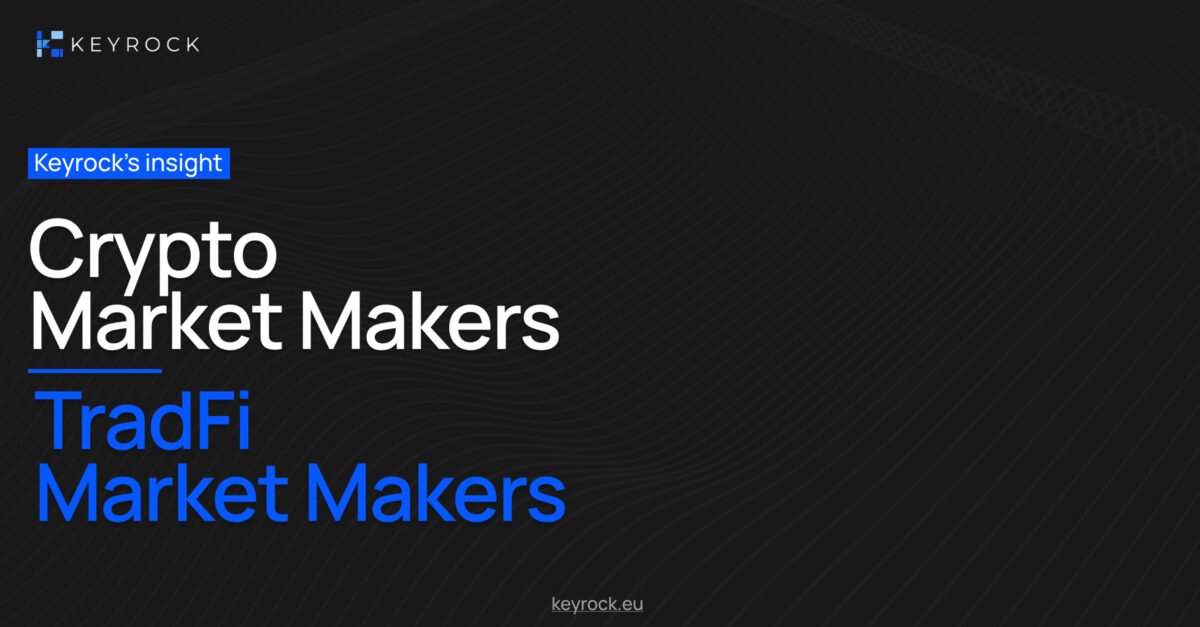Understanding market makers
Every time we make a trade we’re participating in a match-making system. In an ideal market, that system is able to coordinate between us and other participants to make sure everybody gets what they need as quickly as possible.
This is what exchanges usually do using a variety of methods. Whenever Alice needs x amount of asset a, the exchange will pair her with Bob, who’s willing to trade that with her for y amount of asset b.
But what happens when neither Bob, or anyone in that marketplace, can make the trade Alice is looking for? Alice will go somewhere else in search of x amount of asset a, of course.
This is often what happens in marketplaces “in the wild”: there is a bid-ask spread. Alice’s specific bid (buying price) might not match Bob’s specific ask (selling price) and they’re both left waiting for someone else to show up who’s willing to make the deal on their respective terms.
How does that work?
However, let’s say we have a third participant, Charlie, who’s always willing to help both Alice and Bob by buying and selling what each of them needs. Charlie could sell to Alice and buy from Bob given that he has enough of both assets a and b readily available. The market would then be much more efficient.
What Charlie is doing here is effectively “making a market” for the exchange of assets a and b. He’s making sure all participants can get what they want, at the right time, by providing liquidity.
In formal terms, a market maker is: “A participant in financial markets, including cryptocurrency markets, who helps facilitate trading activities by providing liquidity to the market. The primary function of a market maker is to create a market for a particular asset by continuously quoting both buy and sell prices.”
Every exchange needs these market makers in order to satisfy its users and allow them to enter or exit the market at any time, no matter their size. They also help to reduce the overall volatility of asset prices and tighten the bid-ask spread.
Market makers, in turn, can profit from the bid-ask spread by employing a number of different strategies. For example, Charlie could sell Alice’s asset b at a higher price after his eventual purchase.
Market makers in crypto
Cryptocurrency markets are no different than traditional markets in terms of their need for market makers. Both centralized and decentralized exchanges need them in order to satisfy the bids and asks of their users by having deep liquidity — that is, large amounts of specific assets readily available for trade.
It’s even fair to say that the need for market makers is even more pronounced in cryptocurrency markets for three main reasons:
- Volatility: Market makers play a role in ensuring that these assets remain fairly priced amidst the dramatic swings that exist in these markets.
- Adoption: The fact that cryptocurrency markets are permissionless — anyone can open one — creates a greater need for participants who are willing to support the availability of new assets.
- Infancy: Crypto as an industry, and thus all its markets, are very early compared to most traditional markets, making sufficient liquidity more urgent to spur adoption.
Crypto market makers vs TradFi market makers
Likewise, there are some important ways in which crypto market making is different from market making in traditional financial markets. Crypto market makers operate under different conditions:

Building market makers for crypto
Despite playing a fundamentally similar role within their respective markets, we can see that cryptocurrency market making and traditional market making operate in very different settings.
Crypto market makers have to prepare for the unique opportunities and complexities that exist in a decentralized environment. They have to develop sophisticated algorithms to adequately manage liquidity, ensure assets are available across an ever-expanding range of markets, and leverage a whole new set of tools to glean insights and opportunities.
Stay in the loop to learn more about how Keyrock tackles these challenges by following on Twitter, LinkedIn, or Lens.
